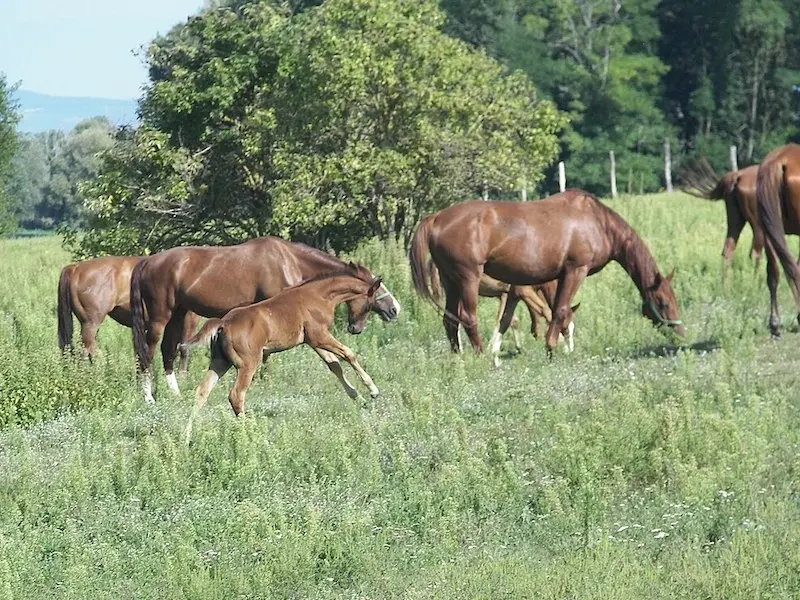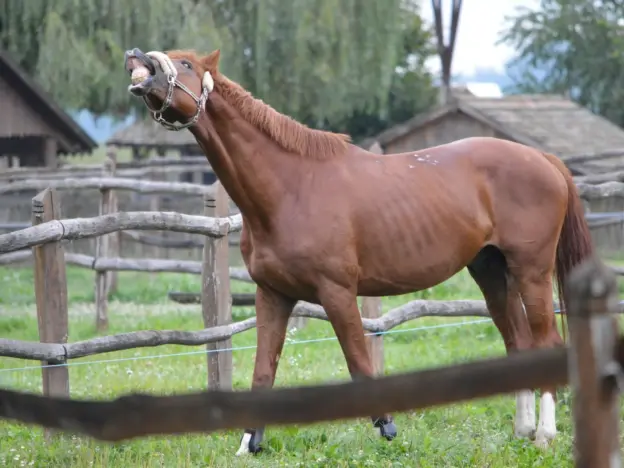Intro
The Gidran is a Hungarian Anglo-Arabian breed that comes from a combination of Arabian and Thoroughbred bloodlines.
Origins
The flagship of the breed was a chestnut stud named Siglavy Gidran who was imported to Hungary from Arabia in 1814. His son was later brought to the royal stud farm to be used as a breeding stallion. During this time it was fashionable to separate animals based on their color so similar teams could be put together. By 1850, the Gidran bred animals were primarily chestnut, however they were not bred to preserve Gidran’s characteristics until some time later.
In an attempt to improve some of the breed’s faults English Thoroughbred blood was added which resulted in temperamental animals, so they tried Arabian and Kisber blood. By 1943 the Gidran breed was separated into 3 strains, A, B and C.
In 1958 the remaining stock was moved from the royal stud and further reduced until 1977 when a new breeding initiative took off. Today there are two types of Gidran, a smaller saddle type and a more robust harness horse. Their numbers are quite low and the primary focus of breeding is preserving the gene pool.
Features
Average height 15.3 – 17 hands (minimum size 15.2)
Physique
Head is small are well set
Neck is slightly arched are muscular
Back is tight
Shoulder is muscular and sloped
Legs are well muscled with strong joints
Feet have good shape are hardness
Traditional Colors
Primarily chestnut
Temperament
Have a history of bad tempers, but generally sound individuals.
Use
Light farming
Harness work
Riding horse
Helpful Links
Hungarian National Association of Kibèr-halfbred Horse Breeders
Czech Association of Horse Breeders Kisberi
More Images


